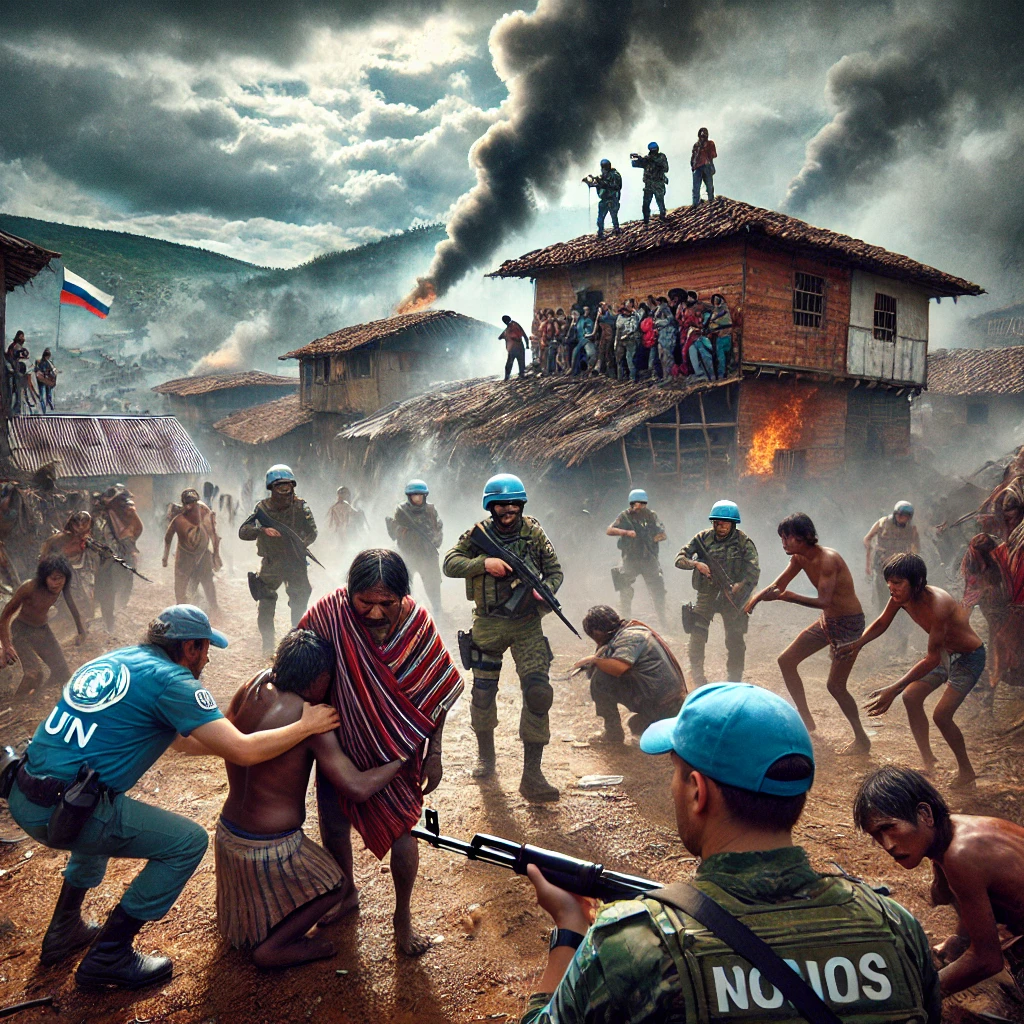UN Expert Calls for Greater Recognition of Overlapping Violations of Religious Freedom and Torture
In her report, Ghanea highlighted that her mandate has received numerous communications detailing violations of religious freedom that reach the threshold of torture and ill-treatment.

Addressing the 58th Session of the Human Rights Council, Nazila Ghanea, the UN Special Rapporteur on freedom of religion or belief, underscored the need for deeper recognition of the interrelationship between the right to freedom of religion or belief and the prohibition of torture and other cruel, inhuman, or degrading treatment or punishment. Despite the clear international legal standards in place, significant gaps remain in how both rights interconnect and reinforce one another.
In her report, Ghanea highlighted that her mandate has received numerous communications detailing violations of religious freedom that reach the threshold of torture and ill-treatment. “While coercion is a clear link between these rights, it is concerning that States, courts, and even human rights practitioners fail to consider both rights in cases where they overlap. This oversight leaves victims vulnerable to further abuse,” she stated.
Forms of Religious Coercion Leading to Severe Violations
The Special Rapporteur identified various forms of coercion related to religious belief that contribute to grave human rights violations. These include policies that foster severe socioeconomic marginalization and systemic discrimination, often conducted with impunity. She also pointed to the desecration of cemeteries and burial grounds and the disregard for burial rituals as particularly insidious forms of coercion that exacerbate suffering.
Moreover, in places of detention, religious minorities often face targeted forms of torture and ill-treatment, tailored to their beliefs. Ghanea emphasized the need for a simultaneous analysis of freedom of religion or belief and the prohibition of torture to develop a more holistic approach in defining the thresholds of such violations and understanding State obligations.
Recommendations for Strengthened Protection
To better safeguard victims and prevent further violations, Ghanea’s report recommends the development of an enhanced legal and policy framework that ensures both rights are acknowledged in cases of overlapping concerns. She stressed that States must strengthen their commitments by implementing more effective preventive measures and eliminating impunity for perpetrators.
“The ultimate aim of this report is to honor the victims of such violations by ensuring that their suffering is acknowledged and that mechanisms are put in place to prevent recurrence,” Ghanea stated. She also expressed gratitude for the collaboration of key stakeholders, including the UN Special Rapporteur on torture and relevant treaty bodies, in shaping the findings of the report.
Call for Action and Increased Jurisprudence
Ghanea noted the alarming lack of international case law addressing the intersection of these two human rights concerns. She urged human rights actors, including legal practitioners and international bodies, to step up efforts in recognizing and addressing violations, thereby fostering more robust legal precedents.
As part of her report to the Council, Ghanea also provided a summary of her recent country visit to Hungary in October 2024, where she examined the state of religious freedom and related human rights challenges.
The findings of her report mark a crucial step toward acknowledging and addressing the compounded vulnerabilities of those subjected to religious persecution and torture, ensuring that justice is both recognized and pursued at the highest levels.










